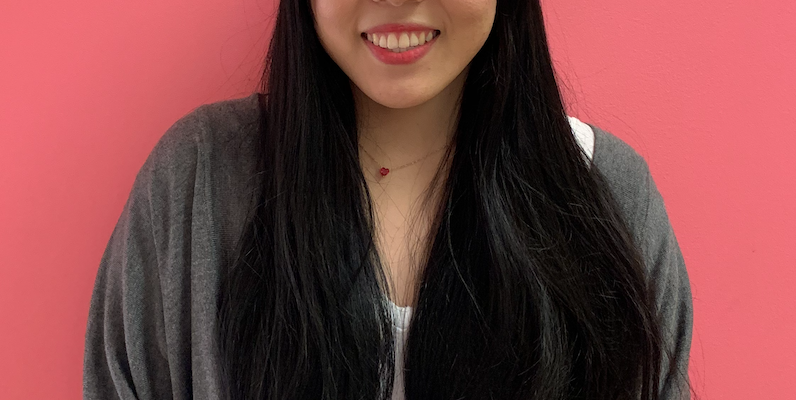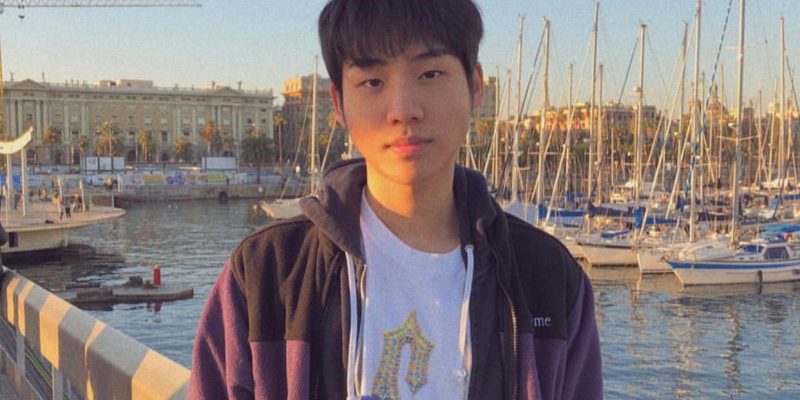Reflecting on your own faith and that of those around you, what do you think are some of the greatest challenges for faith today? What are the challenges in going into that “deep soil” level of ourselves? I believe the greatest challenge to faith is exactly what I just confirmed. People do not want […]
Saskatoon Post-Mission Reflection
INTRODUCTION This summer, we were blessed with the opportunity to go on mission to Saskatchewan. It was a tough yet enriching experience where we were able to learn more about the history of residential schools and the ramifications that persist today. Working directly alongside individuals who are part of this history gave us some insight […]
KCWA Summer 2019 Reflections
At KCWA, the interns took part in helping run a program for seniors called Empower Us Project: Increasing Senior Community Participation through Storytelling. We got to work closely with the leader of this project, Christina Hyejin Yoon, as well as the seniors involved. Through several workshops, we learned more about the senior’s lives and experiences […]
Saskatoon Post-Mission Reflection eBook
Hi St. Timothy ESM and KSM congregation, We are the Saskatchewan mission trip team and we compiled an e-book together summarizing our collective post mission trip reflections, hope you enjoy! Click on the image below to read our eBook!

